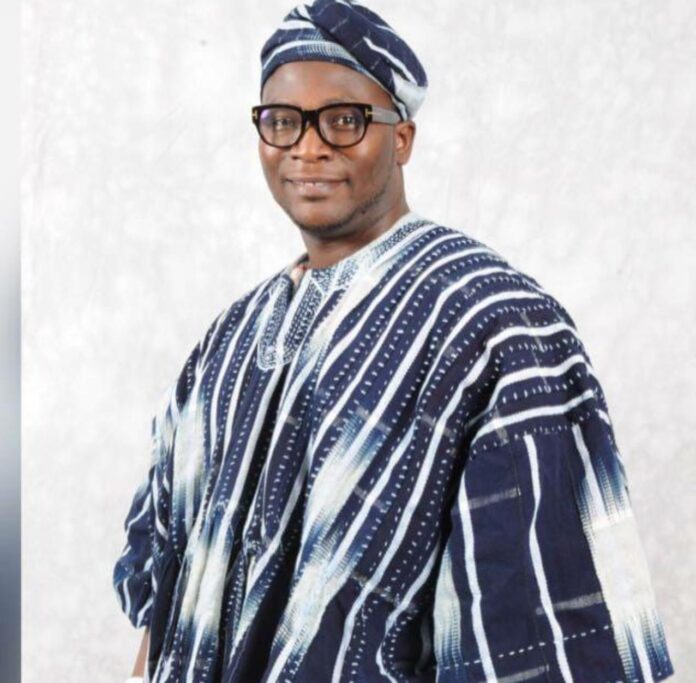By Dr Sheriff Adam
In the lead-up to Ghana’s presidential elections, the prospect of a debate between Dr Mahamudu Bawumia, Vice President and New Patriotic Party (NPP) candidate, and former President John Dramani Mahama, candidate of the National Democratic Congress (NDC), has captured public attention. While debates are often seen as important components of a democratic election, John Mahama’s decision to forgo this event is, in fact, a prudent one. A debate at this stage would be a futile exercise, primarily due to Ghana’s deeply troubled economic state under the current administration, which has overseen a significant decline in the country’s economic health.
Here, I explore why Mahama’s refusal is justified and, indeed, in the best interest of Ghana’s electorate.
First, one of the most glaring issues that renders a debate unnecessary is the dismal state of Ghana’s economy. The Vice President has served as the head of the Economic Management Team, and his tenure has been marked by a visible economic decline. When Dr. Bawumia took office, he promised to stabilize Ghana’s economy, bolster the cedi, reduce public debt, and ensure sustainable growth.
However, the reality has been vastly different: the economy has been plagued by runaway inflation, a depreciating currency, rising debt levels, and growing unemployment. In 2022, Ghana’s inflation rate reached its highest in over two decades, and the cedi depreciated sharply against major currencies, diminishing purchasing power and making life increasingly unaffordable for ordinary Ghanaians.
Furthermore, Ghana’s debt-to-GDP ratio surpassed 80%, which has put the country on the brink of debt distress. These outcomes raise legitimate questions about the economic stewardship of the NPP and, by extension, Dr. Bawumia, who was directly responsible for shaping and implementing economic policy. Ghanaians have already experienced the direct impact of these economic challenges, and the results speak for themselves.
Debating the issue would simply allow the Vice President to attempt to rationalize and defend policies that have already proven harmful.
Second, a debate should ideally foster transparency, allowing candidates to be accountable to voters and to explain their plans for governance. However, the Vice President’s approach to economic accountability over the years suggests that a debate would not necessarily promote a deeper level of understanding. Ghana’s populace has endured policy decisions that were made with limited transparency, such as the controversial debt restructuring plans and the abrupt fiscal policy changes that have negatively impacted businesses and households alike. Rather than offering concrete, evidence-based solutions, the Vice President and his team have often chosen to sidestep difficult questions, frequently attributing economic challenges to external factors like the COVID-19 pandemic and global supply chain issues. John Mahama, on the other hand, has consistently advocated for greater transparency and accountability in governance. His stance has been to address the fundamental issues facing the economy head-on rather than to rationalize poor outcomes.
Engaging in a debate with Dr. Bawumia would likely devolve into a series of attempts to justify the NPP’s policy decisions, rather than an honest evaluation of the economic situation and the urgent reforms that are needed.
Third, Dr. Bawumia has had ample time in office to implement his vision for Ghana’s economy, which has been under his stewardship for nearly eight years. Any debate at this point would be less about the candidates’ competing visions and more about a defence of his record, which, by most measures, has been less than successful. The state of Ghana’s infrastructure, healthcare, and education systems, all of which are intrinsically linked to economic stability, have all suffered due to poor fiscal management and policy missteps.
Instead of a debate, what Ghana needs is a shift in leadership to stabilize the economy. John Mahama’s campaign offers a blueprint for a more sustainable economic approach that emphasizes job creation, improved infrastructure, and social welfare for the most vulnerable citizens. His experience as a former president and his policies prioritize economic inclusivity and empowerment, focusing on elevating the average Ghanaian rather than chasing ambitious projects that have not translated into tangible benefits.
Four, Ghanaians are all too aware of the consequences of ineffective economic policies, and they do not need a debate to see the disparity between promises and actions. The policies that have led to Ghana’s economic decline have impacted livelihoods in very real ways, from small businesses struggling to stay afloat to families unable to afford basic goods. The need of the hour is a substantive plan to recover and rebuild, not a rhetorical exercise that may provide soundbites but few solutions. In this context, Mahama’s decision to decline the debate should be seen as a principled stand rather than an unwillingness to engage. He understands that Ghanaians are frustrated with the current state of affairs and would prefer a concrete roadmap for recovery rather than another round of campaign promises.
His focus remains on presenting his plans directly to the people, rather than getting entangled in what would likely be a counterproductive debate.
I conclude with the observation that while debates are a valuable platform in many elections, John Mahama’s choice to decline this one is a strategic decision rooted in Ghana’s unique circumstances. A debate is unnecessary when the results of Dr Bawumia’s leadership are already evident in the economic reality Ghanaians face. Mahama’s refusal to debate is a commitment to prioritize substantive change over performative discussions. His focus on delivering solutions speaks louder than words and ultimately serves Ghana’s interests better than a public showdown with an administration that has already had its chance to deliver and has failed to do so.
The author is a UK-based academic and transport consultant who serves as the NDC’s Foreign Relations Director for the Savannah Region.




